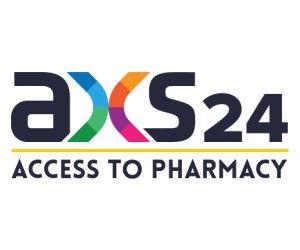
Specialty Drug Market Continues Upward Growth Trend

The specialty drug market has exploded, and will continue to grow across sectors such as oncology and neurology.
In 2022, the financial growth associated with specialty drug products surpassed the growth of traditional drugs, representing a 51% share of total non-discounted drug spend.1 That’s no surprise, given the significant increase in product approvals over the last few decades.
Looking back at the specialty drug market, there were “maybe 10 specialty drugs on the market,” said Natalie Bedford, Senior Vice President of US Pharmaceutical Distribution Services at McKesson. By 2008, that number had reached 200. “Fast forward [to] today, there’s been an exponential growth and explosion of specialty drugs.
The largest growth, Bedford said, has been in the oncology market, a trend she predicts will continue. The reason is twofold: “One, because of existing products in the market that will continue to get additional indications to treat unmet needs,” and two, due to pipeline products coming to market “to treat where there is no medication.”
Neurology is another area where the specialty drug market is poised to expand.
Finally, Bedford touched on the role that precision medicine has played in boosting the pipeline. “Between cell and gene therapy [and] other new modalities, precision medicine is truly driving the need for new medicines to really treat all of these rare diseases,” she said. “There’s a dire need for these specialty drugs for patients.”
Bedford sat down with Drug Topics at AXS24, the Asembia Specialty Pharmacy Summit, held April 28 to May 2 in Las Vegas, Nevada.
Reference
1. Biggs S, Long D. Insights into the 2023 US pharmaceutical market. IQVIA. July 25, 2023. Accessed May 6, 2024. https://www.iqvia.com/locations/united-states/blogs/2023/07/insights-into-the-2023-us-pharmaceutical-market
Newsletter
Pharmacy practice is always changing. Stay ahead of the curve with the Drug Topics newsletter and get the latest drug information, industry trends, and patient care tips.























